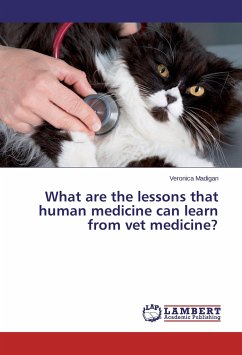
Broschiertes Buch
3. August 2015
LAP Lambert Academic Publishing

Broschiertes Buch
Predicting Pre Hospital Care Students' First Year Academic Performance in a Rural Australian University
2009
VDM Verlag Dr. Müller
Ähnliche Artikel
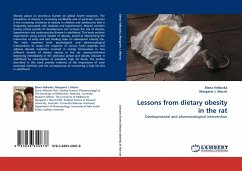
Broschiertes Buch
Developmental and pharmacological intervention
15. Oktober 2009
LAP Lambert Academic Publishing

Broschiertes Buch
GOLD Guidelines in the Primary Care Setting
18. Oktober 2012
LAP Lambert Academic Publishing
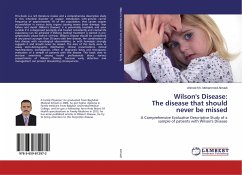
Broschiertes Buch
A Comprehensive Evaluative Descriptive Study of a sample of patients with Wilson's Disease
3. Dezember 2015
LAP Lambert Academic Publishing
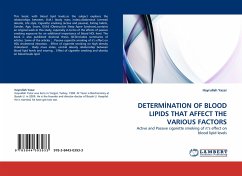
Broschiertes Buch
Act¿ve and Pass¿ve c¿garette smoking of ¿t¿s effect on blood lipid levels
1. Februar 2011
LAP Lambert Academic Publishing
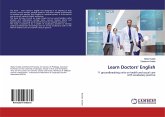
Broschiertes Buch
11 groundbreaking units on health and social care with vocabulary practice
23. Dezember 2019
LAP Lambert Academic Publishing
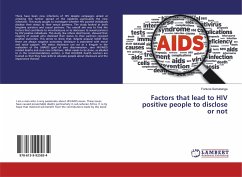
27,99 €
Versandfertig in 6-10 Tagen
Broschiertes Buch
15. November 2018
LAP Lambert Academic Publishing

Broschiertes Buch
Child Growth Monitoring programme effectiveness and Nutritional status of Children in Khwisero Division - western Kenya
15. November 2010
LAP Lambert Academic Publishing

Broschiertes Buch
A Cross sectional Study on Prevalence and correlates of substance abuse
13. Juli 2016
LAP Lambert Academic Publishing

25,99 €
Versandfertig in 6-10 Tagen
Broschiertes Buch
6. Juni 2017
LAP Lambert Academic Publishing
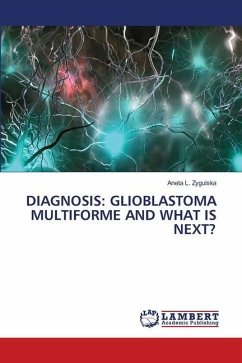
25,99 €
Versandfertig in 6-10 Tagen
Broschiertes Buch
15. November 2022
LAP Lambert Academic Publishing
Ähnlichkeitssuche: Fact®Finder von OMIKRON
